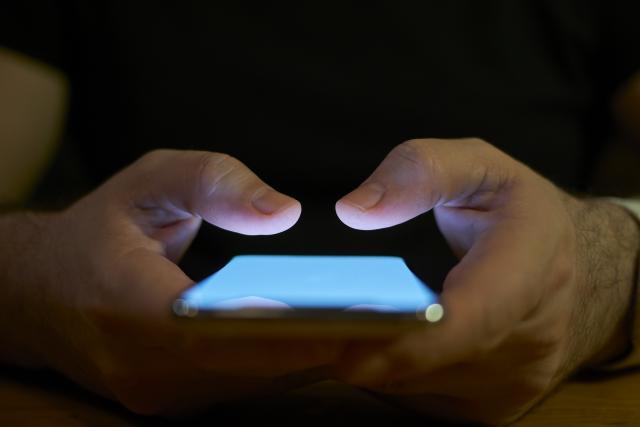I had never heard of Charlie Kirk until someone shot him dead.
This is because I have little to do with “social” media, which I see as too often being “anti-social.”
They also make people narrow minded and intolerant. The algorithms work out what you like and give you more of it. Prejudices are reinforced not challenged, until people cannot speak to each other anymore because they have lost the ability to consider a different view.
Hence the emergence of cancel culture and its ultimate expression, the assassination of Charlie Kirk for promoting open, respectful public debate.
It seems respectful debate is “hate speech” when it is challenging and real hate speech is “free speech” when the correct people say it.
As former Queensland Labor Treasurer Keith de Lacey observed in his autobiography, some people would probably cancel Martin Luther King for “micro-aggression” when in his “I have a dream” speech, he called not for affirmative action, but for race to simply not matter, for people to be judged on their character not their skin colour.
In contrast to all this is the ideal of journalism, imperfect but accountable and open to challenge and dissent.
Open discussion, as opposed to censorship, is the best remedy for misinformation. It allows people to make up their own minds.
Journalists are ethically bound, I believe, to provide diverse information, so people can work it out for themselves.
On World News Day this weekend, let us celebrate our right to know and our right to disagree.






